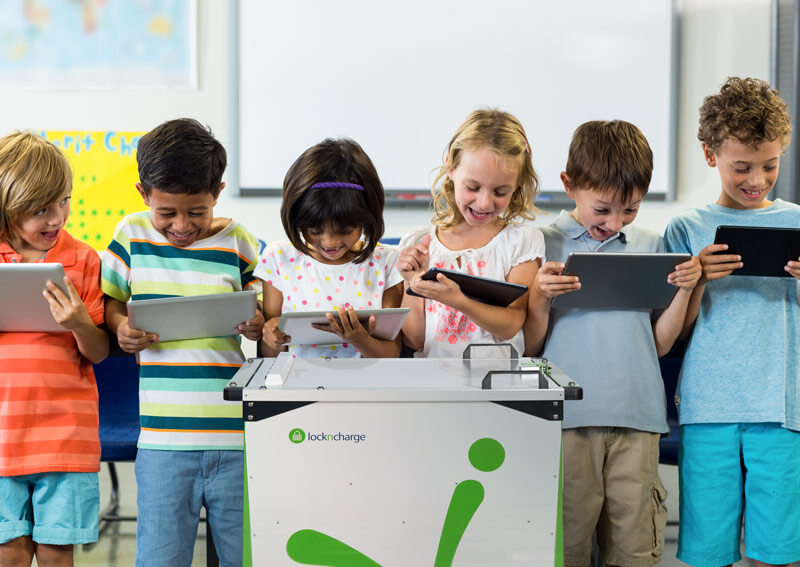Many schools are adopting tablet and digital device schemes which allow pupils to utilise technology in the classroom. This is either by way of iPads, Chromebooks, PC’s, laptops, or other similar devices. But how best are these devices used in the classroom amongst students?
In their study, “A critical review of the evidence for learning outcomes” in 2015, Hasler, Major, & Hennessy, talk about tablet usage in schools.
They explore the ways in which tablets can be deployed in classrooms, and the interaction between pedagogy and technology.
They found that most classroom situations called for one of the following in terms of tablet deployment and usage amongst pupils:
- one-to-one without collaboration
- one-to-one with collaboration
- many-to-one with collaboration
- tablet use on an individual basis
An analysis of student performance following the use of tablets showed that both “one-to-one” and “many-to-one” settings can improve learning outcomes.*
In a “one-to-one” setting, it was found that because of no competition for tablets among students in this type of setting, the studies reviewed led to consistently high group participation, improved communication and interaction. In the “many-to-one” groups, students also generated superior artefacts, attributed to the fact that all the notes were well discussed among the group members.
There are difficulties faced by education establishments when implementing a tablet management scheme in schools, and the two classroom deployment options, above, create different challenges.
A “one-to-one” deployment relies on the school being able to either provide individual tablets for each child in a class, or relies on parents to provide and supply a tablet for their child’s learning. Budgets in schools are tight at the best of times, so there could be financial restraints, but to ask parents to have to bear the financial burden may also not be possible. There is also the issue of safety and keeping the tablets secure, especially if they have been purchased and brought into school by a pupil.
A “many-to-one” deployment relies on the successful collaboration of the children in suitable groups and the ability to “share” their learning equally and fairly. It also depends on taking responsibility for the tablets as a group, as well as individually.
This research however is encouragingly a great improvement on what has been thought in the past. Past research has suggested that tablets may be best suited for individual rather than collaborative use. This was seen as being partly due to technical considerations such as synchronising content and recharging batteries.**
At LocknCharge we have helped to overcome many of these technical considerations by providing solutions to our schools in the way of our device storage carts. Able to hold up to 40 tablets, we have a range of tablet charging stations for every need, whether it be automatically syncing tablets, or providing easy ways to deploy or distribute tablets with safety in mind through our baskets.
We also recognise the importance of safety and security – The Joey Cart, for example, is made with high-quality steel and includes a padlock to assure that devices are secured when not in use. An optional anchor kit locks down the whole Cart for additional security.
And every cart is designed to multiply charge the tablets so they are always ready for use.
If these solutions have played a part in successfully allowing children to learn effectively, giving the best outcome for each child individually, dependent on how they best use technology then that to us is a success!
For more information on our products see our website at www.lockncharge.com.
*(Lin et al., 2012)
**(Sheppard, 2011).
References from:
Tablet use in schools | Hasler, B., Major, L. & Hennessy, S. | . June 2015
Accepted for publication in: Journal of Computer Assisted Learning

